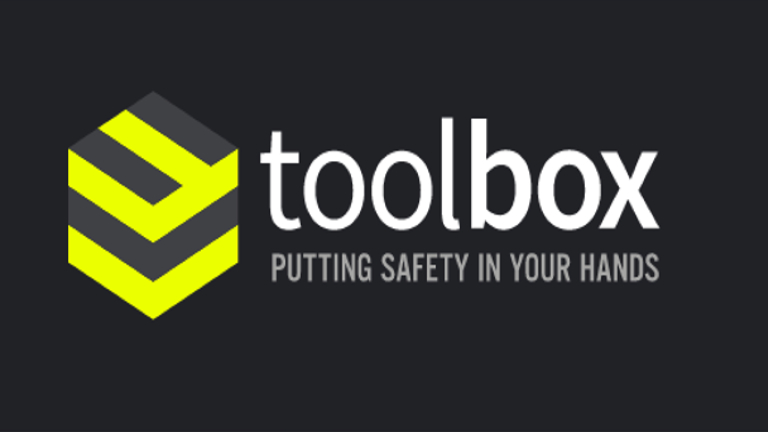

Sustainable management in the supply chain
Promoting sustainability throughout our value chain
Repsol's commitment to sustainability encompasses the entire life cycle of our operations and disseminates compliance of the most stringent international standards amongst employees, contractors, suppliers, and partners.
Workplace safety
Repsol is committed to providing a safe and healthy work environment for all the people that work at our facilities, access them, or are affected by our operations.
In order to fulfill this commitment, our suppliers’ contribution is fundamental, and they must therefore:
In the event that the operational results are in conflict with safety, suppliers must always opt for safety first.
At Repsol, we are promoting various initiatives and projects in collaboration with industry to contribute knowledge and tools that help our front line operators and contractors improve safety in their day-to-day activities. Therefore:


Environment
As part of our mission to become a net zero energy company by 2050, Repsol is committed to protecting the environment and giving priority to the actions needed to minimize the possible impacts of our operations and the products we offer our customers.
Human rights
We are aware that, due to the nature of our activities and the conditions of some environments in which we operate, there are some areas that risk having a significant impact on all issues related to human rights.
We perform evaluations by mainly reviewing the quality, safety, and environmental management systems, as well as the code of ethics, respect for human rights, work practices, and measures against fraud and corruption. This also includes the supplier or contractor's own supply chain management.
The sustainability of the Company’s supply chain promotes employability and workers' rights among local communities and promotes local economic development.
We recognize the role of companies as agents of change and want to have a influence on our value chain, which is why we provide awareness-raising support in order to guarantee due diligence in human rights.
In the event that our operations or those of partners and contractors have any social or environmental impact, we actively cooperate in their remediation.
We adhere to the Voluntary Principles on Security and Human Rights (VPSHR) with the aim of guaranteeing respect for human rights for those who come in contact with security forces. To do this, we collaborate with our contractors and offer security and human rights training.
Learn about some of our policies